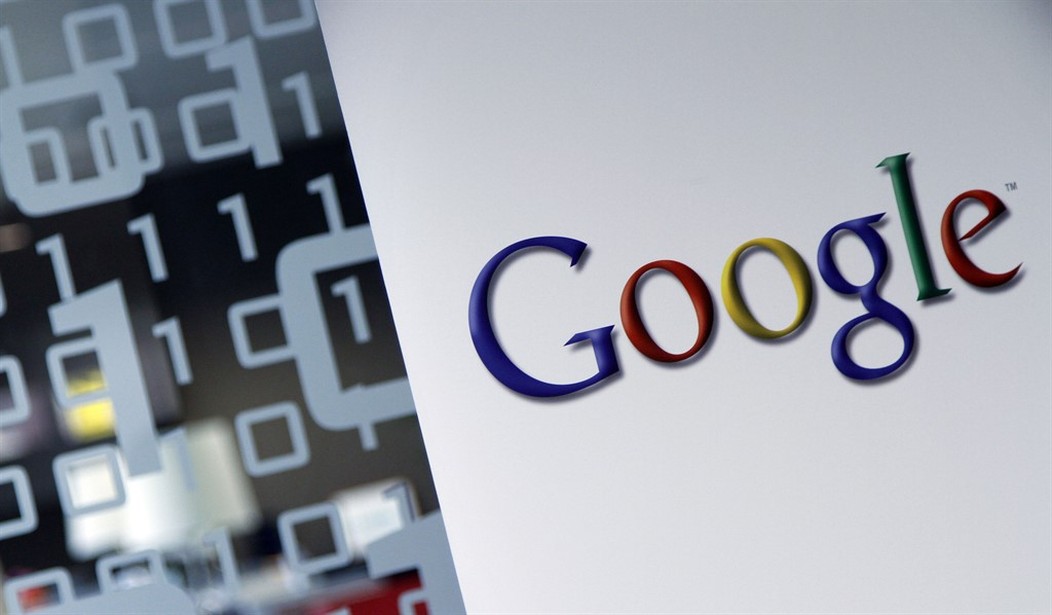Recently, there has been a lot of focus on Federal Trade Commission Chair Lina Khan’s big government overreach where the use of antitrust law to take on a personal foe (in that case, Amazon) is concerned. But Khan is hardly the only member of the Biden administration using lawfare and their administration perch to go after a target they have a personal obsession or compulsion to pursue (i.e., Merrick Garland or Jack Smith concerning Donald Trump).
This week, Google—a company most conservatives loathe, with plenty of justification—begins its defense in a case brought against it by DOJ Assistant Attorney General Jonathan Kanter. Like Khan’s targeting of Amazon, Kanter’s DOJ suit represents the culmination of a multi-year crusade that he's pursued both from his perch at the Biden DOJ and long before it. He’s been able to do this with minimal scrutiny partly because so much media attention has focused on Khan and Amazon, probably thanks to Amazon having a particularly strong reputation with most consumers as a company.
Both Kanter and Khan are considered de facto founders of the lefty “New Brandeis” movement that wants to focus antitrust efforts on market structure instead of consumer welfare and on the supposed inherent evils of market concentration for competitors, not consumers.
As a proponent of this movement, unsurprisingly, when Kanter was named as AAG, his appointment was hailed by Sen. Elizabeth Warren (to whose presidential campaign Kanter just so happens to have maxed out). Rep. Pramila Jayapal—so lefty she’s almost a member of the Squad but she falls just short of that—also praised Kanter’s appointment. Politico described Kanter’s appointment like this: “[P]rogressives got exactly what they asked for.”
But it’s not so much that as Kanter, as his law partner put it, “[has] progressive instincts.” It’s that Kanter, like Khan, has been hyperfocused for most of his career on a single company he hates.
Kanter started his legal crusade against Google over a decade ago while working for Microsoft. He also pursued legal action against Google on behalf of Yelp, another longtime Google foe. When Kanter’s work was found to conflict with other clients of Paul, Weiss, Rifkind, Wharton & Garrison LLP—his former law firm— instead of dropping his crusade against Google, Kanter decided to leave the firm. Kanter's financial disclosure forms show he represented a bunch of clients who had huge conflicts with Google, including the progressive Omidyar Network, the Coalition for App Fairness, and Qualcomm; Mapbox Inc., and Roku Inc. have also been name-checked by business media as clients of Kanter who have issues with Google.
Kanter reportedly earned $20.3 million from the anti-Google work his former law partner described as “almost a campaign or a crusade.” It certainly seems to have paid off for him financially and in terms of some emotional or philosophical satisfaction. He’s not earning bank as an AAG, but his current work is likely the culmination of his dreams. Besides, he’s already banked the big bucks for his prior, private sector anti-Google work. Now, he’s in a place to try to complete the entire package.
Foes of Big Tech, including this editor, will happily watch Google twist and turn as this case plays out, but it is worth noting that this is the kind of single-minded, single-target-focused determination that the Biden DOJ seems to countenance. That tallies with their targeting of other “enemies” who make for more sympathetic figures to conservatives, and should illuminate a little more how “upholding the rule of law evenly, without fear or favor” is understood as a concept at the Biden DOJ. This action would be better undertaken by a prosecutor who could credibly be described as fair-minded, because Kanter's crusade could come back to bite all of us should the issue go to higher courts.















Join the conversation as a VIP Member